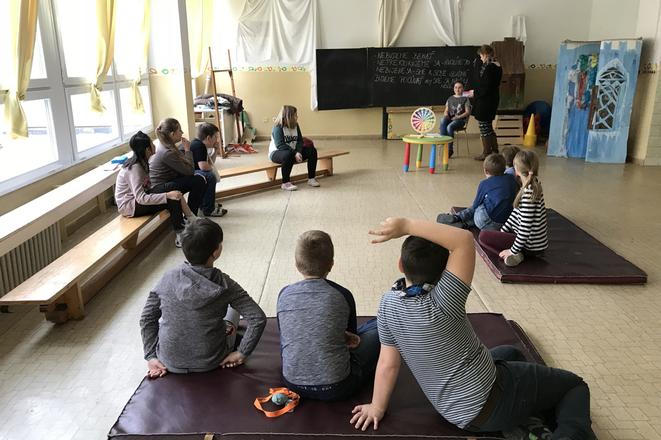The Slovak Spectator has teamed up with Dobrá Krajina (Great Country)to create a space for stories of people and communities who need our help. Each article in the series For a great country will give you the opportunity to support a specific project and actively contribute to building a great country.
Author: Zuzana Schaleková, Pontis Foundation

